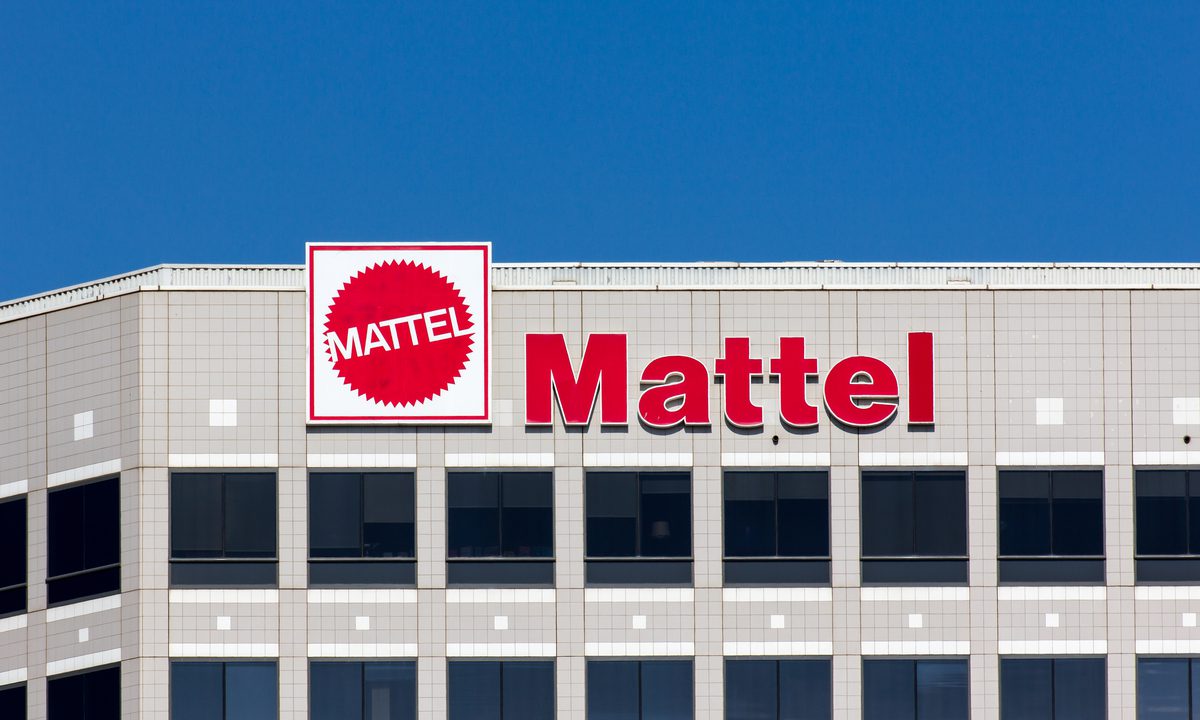Mattel Wasn’t Toying Around as It Took Disney Back

The maker of Barbie, Hot Wheels, American Girl, Fisher-Price and dozens of other toys and games was basking in the success of its latest acquisition Wednesday (Feb. 9).
This, as Mattel announced in its Q4 earnings call that it was raising its full-year profit forecast for this year and next to reflect the impending takeover of the contract to manufacture Disney toys from rival Hasbro — including the hot-selling line of Princess dolls.
“It’s a great win for Mattel,” Chairman and CEO Ynon Kreiz told analysts and investors in a conference call. “It’s the crown jewel of Disney. It’s a great driver and we expect to grow it from previous decades.”
As a result of that optimism, Mattel increased its two-year growth forecast, saying it now expects to deliver “high single-digit” revenue growth for 2023, up from a previous projection for mid-single-digit sales gains.
For Hasbro, which inked its licensing deal with Disney in 2016, announced its quarterly earnings on Feb. 7, which focused on its fast-growing and profitable digital gaming franchise.
Dolls and Dollars
When Mattel announced it was taking the Disney rights back on Jan. 26, winning the deal was part of a comeback strategy that includes revived tie-ins with evergreen properties such as Microsoft, Nickelodeon, Universal, Nintendo, Warner Brothers and the WWE.
“We have been also very successful in making Mattel a partner of choice for the major entertainment companies and see this as another growth lever in addition to our own IP [intellectual property],” Kreiz said.
As for the trailing 12 months, Kreiz pointed to the perseverance in 2021 that enabled the company to successfully navigate supply chain constraints and widespread inflation.
“We grew in constant currency in six of seven categories in each of our three power brands, as well as American Girl,” he said. “It was also an outstanding year for Mattel in terms of market share.”
Mattel said that retail returned to a more balanced omnichannel environment with online sales stabilizing and eCommerce point of sale revenues up 2% in Q4, 6% for the full year and accounting for 31% of total revenues.
“We expect the industry to continue to grow,” Kreiz said. “It’s a powerful industry and has demonstrated resilience. It’s strategic for retailers; parents will always spend money for their children.”
Overall, retail sales were up 10%, or $1.8 billion, in the quarter, while full-year sales were up 19%, or $5.4 billion, which Mattel said marked the highest annual growth rate in decades.